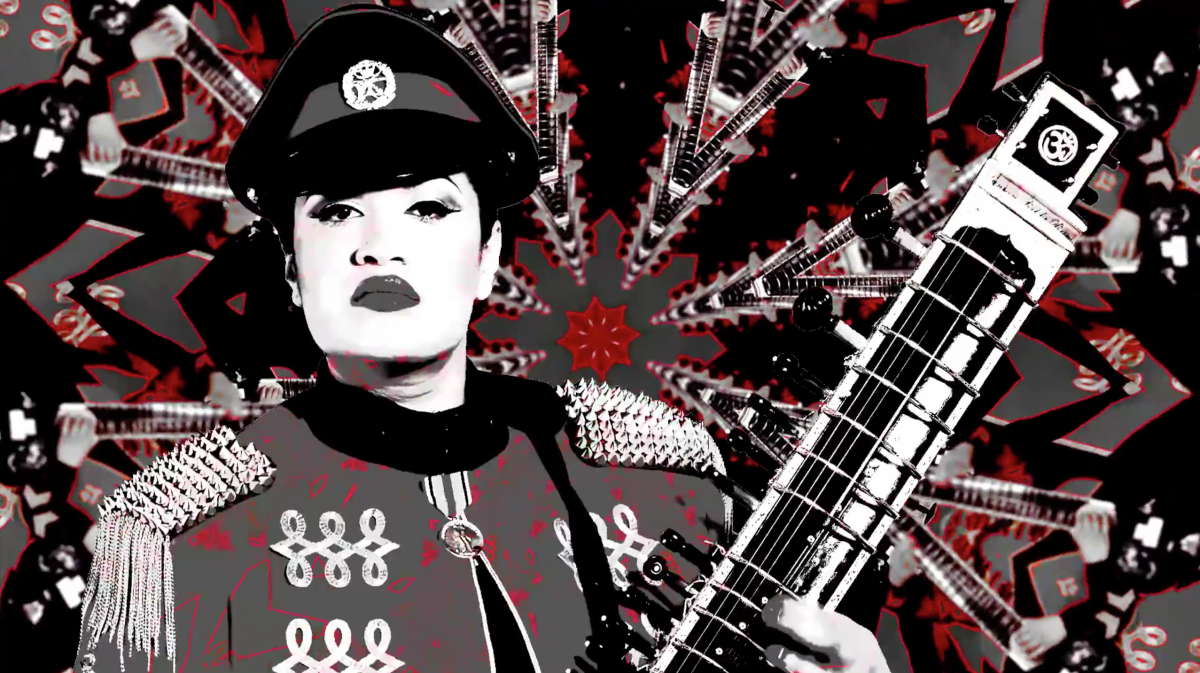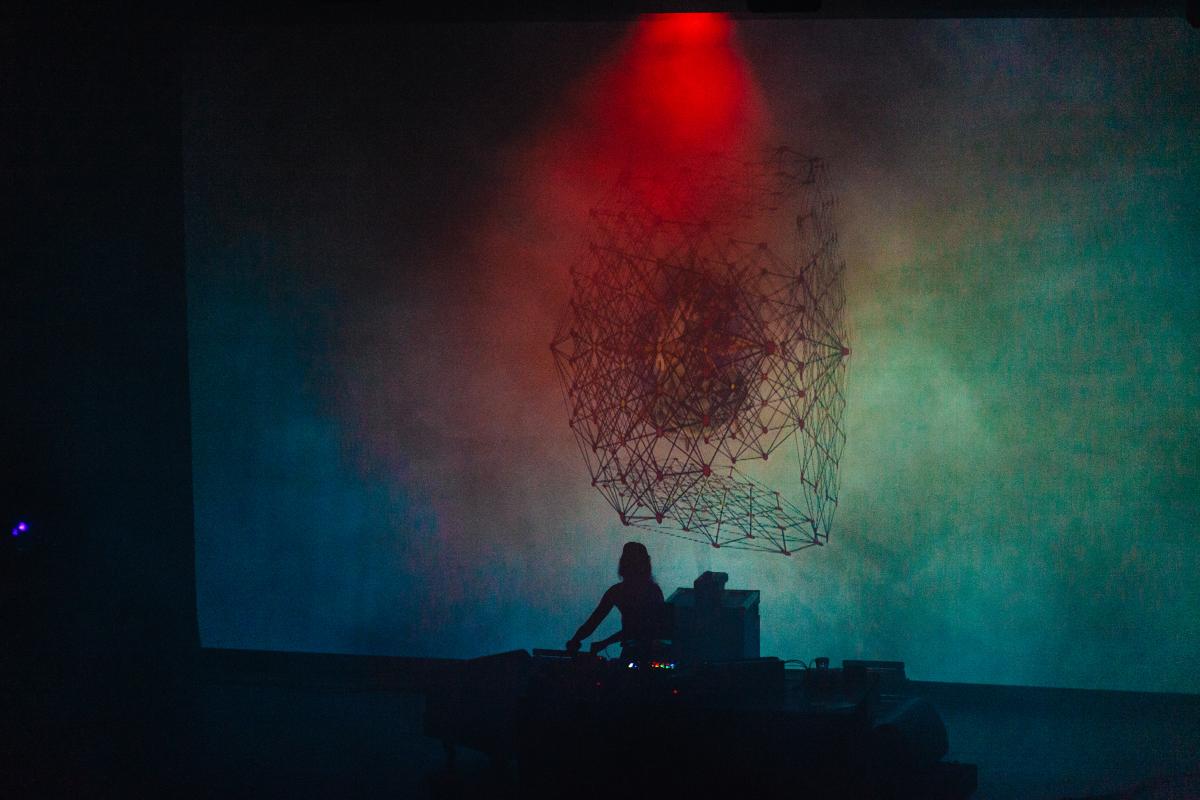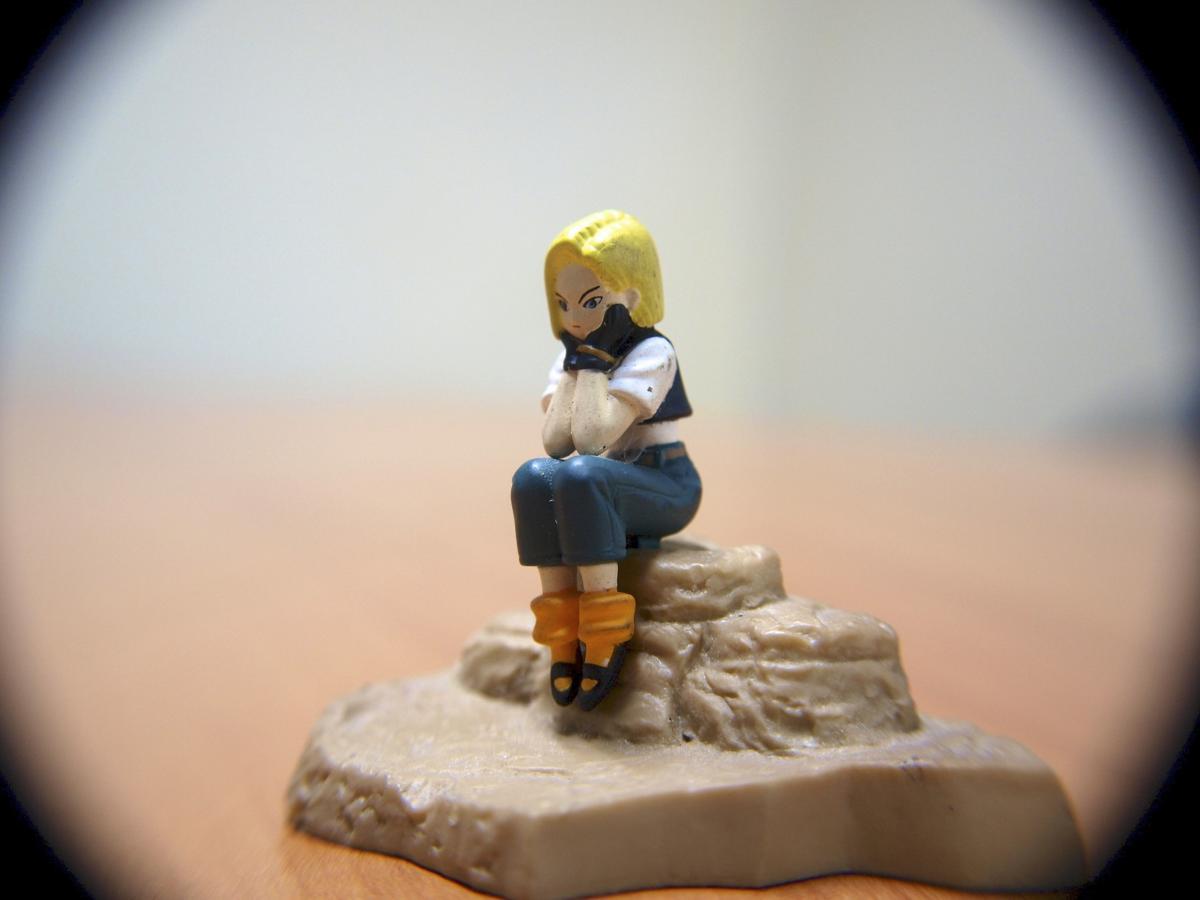
«Art Can Have Great Power»
Bishi Bhattacharya and Matthew Hardern have been working together for ten years now. Composer, artist, performer, and club impresario Hardern tells us about the hidden politics and intentions of their project. Matthew Hardern aka Glamorre had a career as an award-winning video and short film director, club owner, musician, and composer. As the director of Gryphon Records, he now writes and produces music, art, and film. From the Norient book Seismographic Sounds (see and order here).
[Thomas Burkhalter]: Our commentators saw similarities between the video «Albion Voice» and «God Save the Queen». Were they right?
[Matthew Hardern]: Malcolm McLaren, mastermind of the Sex Pistols, is one of my biggest heroes. He showed what is possible through the language of popular music and media manipulation. I don’t think Andy Warhol or any of those New Yorkers have ever created a pop art statement of style and grandeur like «God Save The Queen». To get the song to number one during the week of the Queen’s jubilee was just brilliant, genius. The Sex Pistols had launched a war against the great edifice of the British establishment and in doing so threatened the very core of it. All this with hair, makeup, attitude, and a pop song. That’s what I love about them. NWA and Pussy Riot are probably the only groups that have had a similar impact so far. This is what great art is about. Using popular language and not hiding behind intellectual words and works. Using popular language against the population. Dividing the population, causing civil uproar. Leigh Bowery, the performance artist, fashion designer, club promoter, and my best teacher, taught me: Art is far more than standing around in a gallery and chatting about somebody’s brush technique; and what I do is Art and that Art can be of great power.
[TB]: You opened several clubs in London: Smashing, The Mint Tea Rooms, Harder Faster Louder, The Siren Suite, and Kash Point. What were these clubs about?
[MH]: My clubs were at times more about torture than entertainment. In Harder Faster Louder we locked the doors at midnight, so no one could leave. Then we turned on the sound system. People without protective clothing and earplugs were hurt, some badly. We declared our club a totalitarian state, and I was its dictator. I love to immerse people into experiences. I want to take them on a journey. I wish to manipulate their worldviews.
When Irony gets Bourgeois
[TB]: What music did you play?
[MH]: Harder Faster Louder was loud, radical walls of «physical sound» that tore at your body and mind. We called it «speed darkcore». It was also an aggressive roller disco – hence the injuries. Smashing, before that, was altogether different, we worked with what we called social irony – each record had a social, political, or philosophical antithesis to the one preceding. For example, «Let The Sunshine In» from Hair then «Drop Dead» from post-punk pioneers Siouxsie and the Banshees. Later on I realised irony was bourgeois – a pretense of knowing whilst, in fact, knowing nothing. In 1994, Leigh Bowery died. I remember standing on stage at Smashing with a microphone shouting, «I want you all dead». Everyone was horrified. «I want a fucking steam roller to come through the wall and crush you all!» Then I said «Thank you, good night», and that was the end of the club. I opened Harder Faster Louder two weeks later.
[TB]: Why so drastic?
[MH]: Smashing had become very fashionable amongst the grunge, Brit pop, and «YBA» art scenes. Pop stars, artists, photographers, and models stood wall-to-wall. It was the «cool» VIP London nightclub. But I didn’t believe in this crowd anymore. Our friends had become successful, powerful and were creating a «new establishment». My clubs were experiments, I called them «sculptures in time». They were about creating and reacting to the future before it happened. I have never opened a club that people did not laugh at first and then go on to become incredibly influential. They were anti-social, intentionally. Real nightclubs are exclusive, difficult, and offensive to the status quo. I am interested in the elitism of the marginal, the visionary. Two hundred people in a basement can start a revolution; I have been fascinated with this idea all my life. The history of aesthetics is populated by small groups of people coming together with very strong and clear ideas – whether it’s the Bauhaus or the Cubists. They impose their aesthetics and worldviews upon an unreceptive, disinterested, and often hostile public.
[TB]: How exactly does it work to impose?
[MH]: Through total belief, passion, promotion, and media manipulation (sadly like the Islamic State is doing now). How would Jean Cocteau have succeeded with his worldview without the cabaret La Boeuf sur le Toit in Paris? He became surrounded by famous and influential people. Together they decided and promoted who and what ideas were important to their cause. To be in this circle brought press and power. Clubs are (or were) the oxygen of publicity.
[TB]: How is the project with Bishi linked to your ideas?
[MH]: Bishi came up with the line «I’m Indian in skin and English of heart». I thought, wow. She has guts to make such a blatant statement in a culturally «delicate» environment. My clubs have always acted as beacons for the dispossessed, the unwanted outcasts in society. I had wanted to work with immigrants for a long time because multiculturalism is a reality in the modern world. Yet, in Europe people of color are still outsiders in predominately white environments.
[TB]: What is to you the revolutionary aspect of the project with Bishi?
[MH]: There is a lot of hypocrisy and taboo in Britain when dealing with multiculturalism and race. In our video «One Nation (under CCTV)» Bishi reclaims the street. She is a strong Anglo-Asian woman who wants to be seen and heard challenging mainstream British ideas and establishment. The work with Bishi is about opening a debate without delicacy. For example, we declined to be part of a campaign called Love Music, Hate Racism because we thought it was backward and idiotic. Racism is not only a black and white issue – it’s more complex. Bishi provoked them simply by stating that she had experience of Jamaicans being racists towards Indians. The «all white» organization couldn’t grasp this and started to call us fascists, which was hilarious. But, as we don’t like to disapoint we said: «Yes, obviously we are fascists, so we will not be dancing under a banner that says ‹Hate›.»
The interview was conducted via Skype on 25.2.2015. The text was published first in the second Norient book Seismographic Sounds.
Biography
Shop

Published on May 15, 2018
Last updated on October 26, 2020
Topic
How did the internet change the power dynamic in global music? How does Egyptian hip hop attempt to articulate truth to power?


